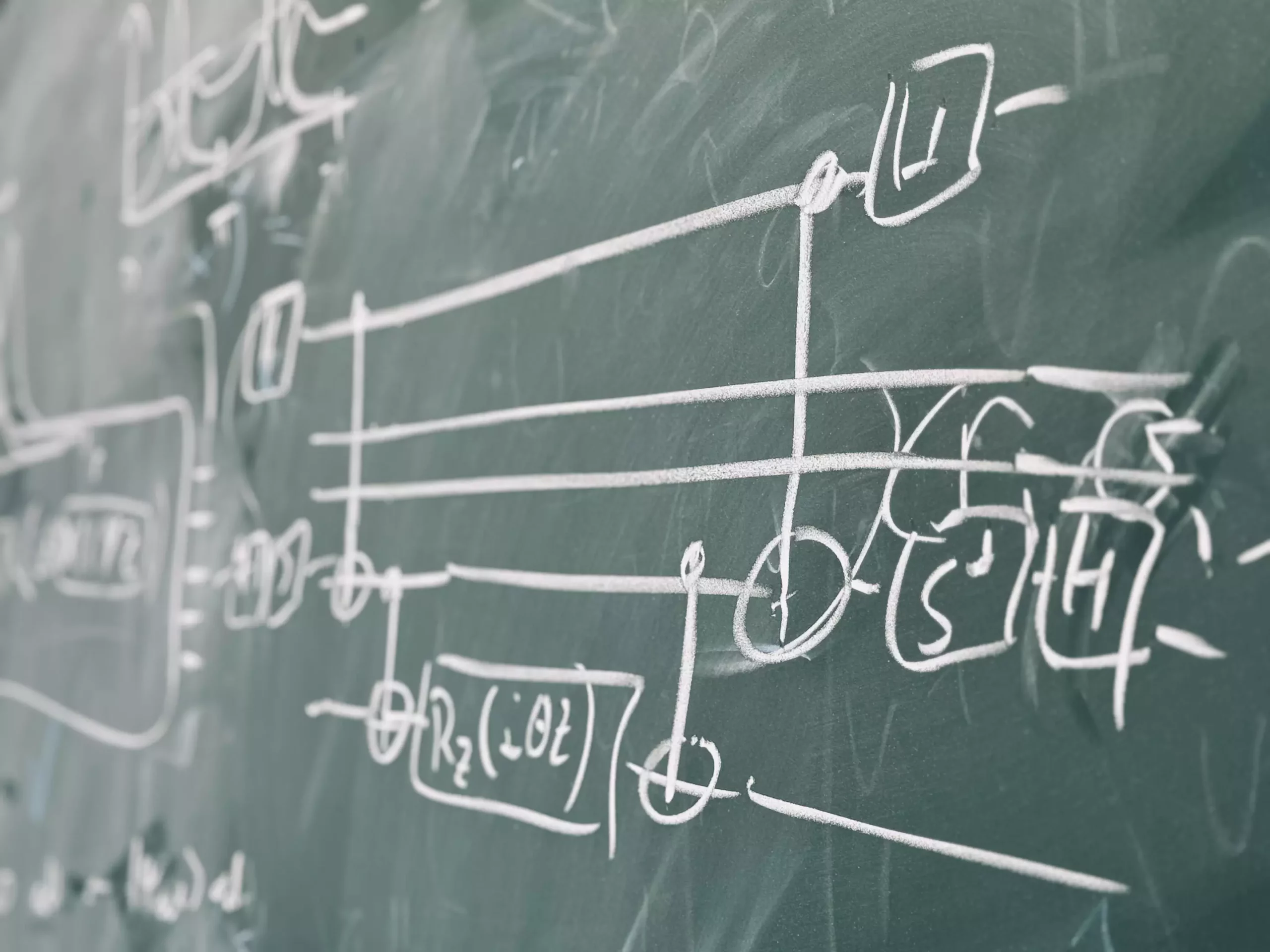Quantum computers have long been hailed as the future of information processing, promising to outperform conventional computers on various tasks such as machine learning and optimization. However, the widespread deployment of quantum computers is impeded by their sensitivity to noise, leading to errors in computations. One proposed solution to address these errors is quantum error correction, which aims to monitor errors in real-time and correct them as they occur. Another approach, known as quantum error mitigation, runs error-prone computations to completion and only corrects errors retrospectively.
While quantum error mitigation seemed like a promising intermediate solution before full error correction could be achieved, recent research has shown significant drawbacks to this approach. A study by researchers at Massachusetts Institute of Technology, Ecole Normale Superieure in Lyon, University of Virginia, and Freie Universität Berlin revealed that as quantum computers scale up in size, quantum error mitigation becomes highly inefficient. This inefficiency poses a major challenge for the long-term viability of quantum error mitigation strategies.
The study conducted by Yihui Quek, Daniel Stilck França, Sumeet Khatri, Johannes Jakob Meyer, and Jens Eisert highlighted the limitations of quantum error mitigation techniques. One such limitation is the ‘zero-error extrapolation’ scheme, which aims to combat noise by increasing noise levels in the system. However, this approach is inherently flawed as it is not scalable and requires multiple iterations to achieve accurate results. The researchers also noted that quantum circuits become increasingly noisy as they scale up, making error mitigation more challenging.
The findings of the research team suggest that quantum error mitigation is not as scalable as previously thought. As quantum circuits grow in complexity, the resources and effort needed to run error mitigation techniques increase significantly. This poses a fundamental challenge to the practical implementation of quantum error mitigation in large-scale quantum computing systems. The study points to the need for alternative and more effective strategies for mitigating quantum errors in quantum computations.
Looking ahead, the researchers plan to explore potential solutions to overcome the inefficiencies of quantum error mitigation. By combining randomized benchmarking and other techniques, they aim to develop more coherent schemes for error mitigation in quantum computations. The study serves as a roadmap for quantum physicists and engineers to devise novel approaches to address the noise challenges in quantum computing. It also opens up avenues for further research on theoretical aspects of random quantum circuits and quantum error mitigation algorithms.


Leave a Reply